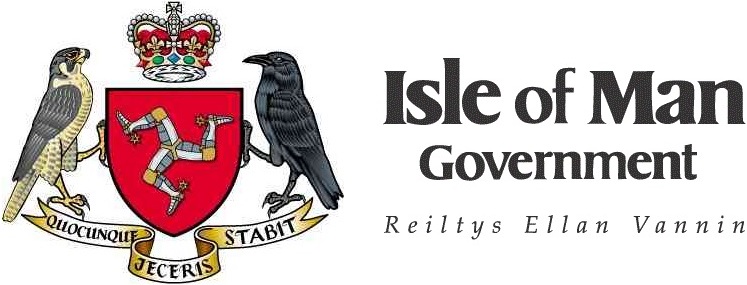Equality Act 2017 Draft Code of Practice on Equal Pay
Overview
The Equality Act 2017 (the Act) is an important piece of social legislation that seeks to ensure fair and equal treatment, to allow for social and economic inclusion in both the economy and society. It consolidates, enhances and replaces earlier discrimination legislation including the Employment (Sex Discrimination) Act 2000 (ESDA), which contained provisions in relation to equal pay.
Historically women have been paid less than men. The 2019 Isle of Man Government Earnings Survey Report identifed a 25% gender pay gap between the average pay for men and women in full time employment. The Act contains important provisions which aim to rectify any gender imbalance in pay between men and women.
Importantly, the Equality Act 2017 enhanced the existing equal pay provisions of like work and work rated as equivalent (in ESDA's provisions) with the additional right of equal pay for work of equal value.
The Council of Ministers have a statutory discretion to issue a Code of Practice in connection with any matter addressed in the Act, to ensure or facilitate compliance with the Act or to promote equality of opportunity.
This draft Code of Practice on equal pay is the second Code of Practice issued in relation to the Act. It is an authoritative, comprehensive and technical guide to the law and will be invaluable to the Employment and Equality Tribunal, advocates, advisers, trade union representatives, human resources personnel and others who need to understand the law in depth or to apply it in practice.
The Equality and Human Rights Commission (EHRC) as the statutory regulator for Great Britain issued a Code of Practice on Equal Pay and Supplementary Code, pursuant to the powers contained in the Equality Act 2010. The Equality Act 2017 essentially mirrors the Equality Act 2010 of Parliament, therefore this Code has used the EHRC Code as its basis, following consent received from the EHRC, with such modifications are as required to reflect local legislation and conditions, including the requirement to exclude the influence of EU law as this does not apply in the Isle of Man.
The consultation of this Code has been broken down into 4 parts:
- (i) abbreviations
- (ii) introduction
- (iii) equal pay law and
- (iv) good equal pay practice
If an accessible version is required, please contact equality@gov.im or call +44 1624 687580
Why your views matter
The Act requires the Council of Ministers to publish its proposals. This allows key stakeholders and members of the public the opportunity to comment and provide feedback so that we can ensure that the Act will be interpreted and applied correctly.
What happens next
We will use the responses we receive to inform our work in developing the Code before the final version is laid before the October sitting of Tynwald for information.
Areas
- All Areas
Audiences
- All residents
- Black & minority ethnic
- Business owner
- Children & young people
- Civil and public servants
- Elected members - local government
- Elected members - MHKs
- Employees
- Homeowners
- Landlords
- Leaseholders/ landowners
- Lesbian, gay, transgender & bisexual
- Older people
- Other non-resident - business interests
- Parents, carers and & guardians
- People with disabilities or long term illness
- Retired
- Road users
- Self-employed
- Students
- Tenants
- Unemployed
- Visitors & tourists
- Volunteers
Interests
- Access to information


Share
Share on Twitter Share on Facebook